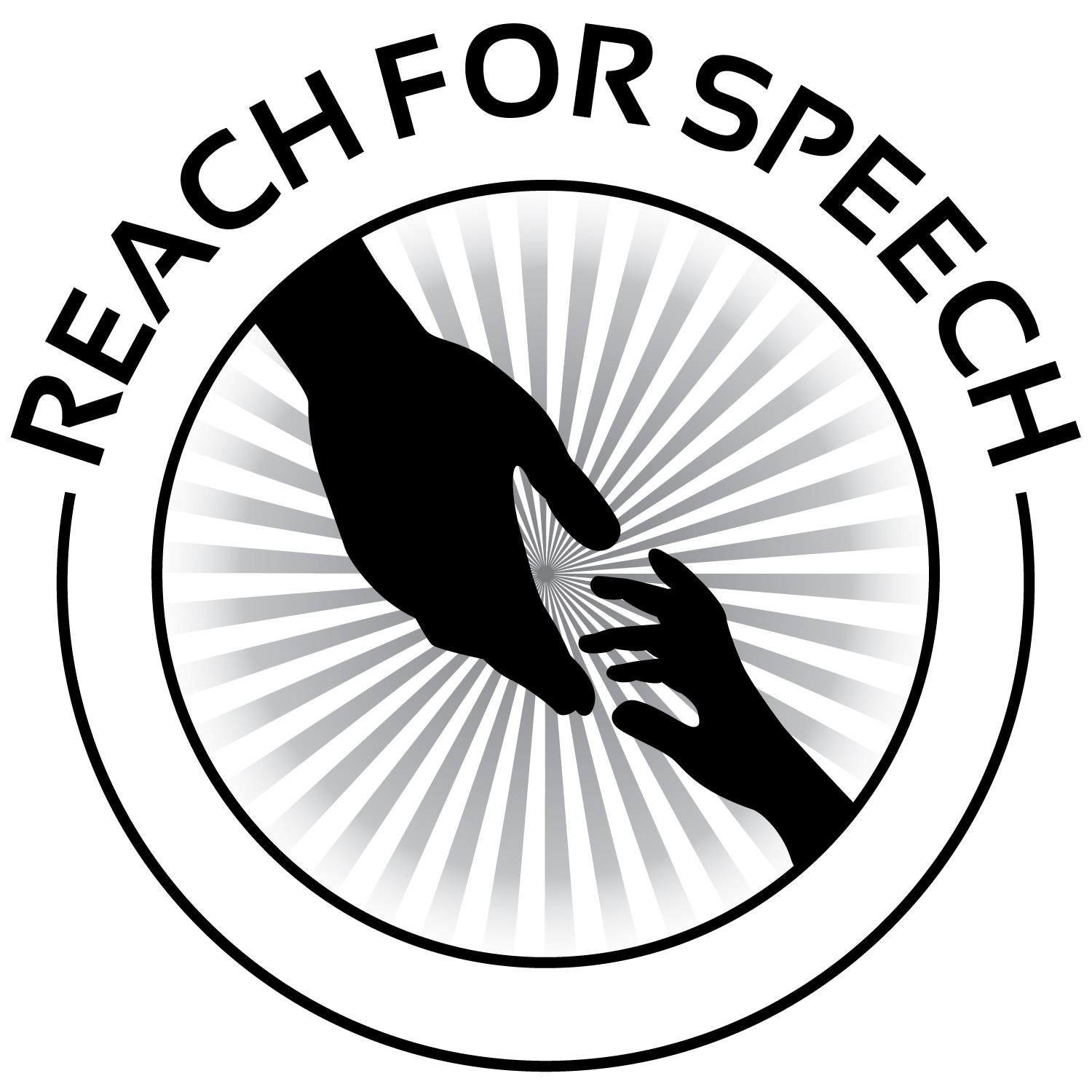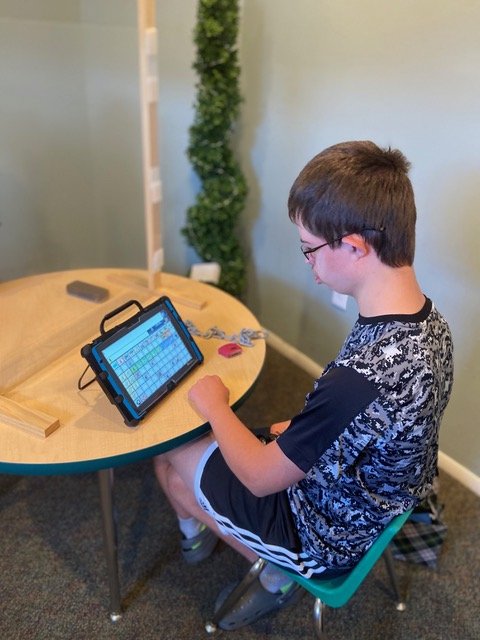INTENSIVE CLINICS & SPECIALTY PROGRAMS
Intensive Strength Clinic
Our Intensive Strength Clinic offers a customized program for children looking to improve their functional skills and build strength that consists of intensive PT and OT, use of pulleys and weights, and utilization of the UEU for improved balance, coordination, and sensory/body awareness.
Interactive Metronome
Interactive Metronome is a computerized therapeutic tool used to help improve timing and sequencing, motor planning and other areas of functioning in kids with ADHD, dyslexia, autism, reading disorders, coordination disorder, speech disorders, and auditory processing disorders.
Torticollis and Plagiocephaly Clinic
Reach for Speech provides quick and reliable access to medical care for Infant Torticollis and Plagiocephaly (flat head syndrome) to ensure the best outcomes for kids. It also offers complimentary baseline scans with a pediatric orthotist for cases that require helmet use.
Intensive Apraxia Treatment
Your child receive specialized and intensive therapy to help with apraxia of speech improve their motor sequencing skills and speech intelligibility. Through individualized programs, support, and parent training, weekly sessions can give kids up to 3-4 times of effective therapy.
Feeding Clinic
Our feeding clinic provides a comprehensive team-based approach to helping families with children who have difficulty with food intake. Our team of trained therapists utilizes the Sequential Oral Sensory approach and other methods to address individualized goals and provide the skills children need to overcome eating difficulties.
Therapeutic Listening
Therapeutic Listening is an auditory intervention used by occupational therapists in a sensory integration perspective to help children with their functional abilities. Reach for Speech therapists are trained in this program and are able to guide children and parents in its implementation.
Preschool Readiness Groups
Our children's therapy program combines speech and occupational therapies to assist children aged 2-4 years old in developing skills such as socialization, expressive and receptive language, behaviors, sensory modulation, motor skills, visual perceptual skills and feeding. Groups meet weekly in a small group setting to mimic a preschool environment.
Augmentative and Alternative Communication
We provide an Augmentative and Alternative Communication service to children, offering a total communication approach to reduce frustration and aid in eventually achieving verbal communication skills. Our speech pathologists are highly trained in programming and use of various speech generating devices and applications, with the support of detailed evaluation reports and physician scripts to secure funding for the device.
Astronaut Training
This program follows a sound activated vestibular-visual protocol that promotes movement, looking and listening. It uses sounds and movement to allow for improved function of the vestibular system which plays a key role in all sensory and movement development. The vestibular system can be affected by many common childhood illnesses (i.e. ear infections, high fevers, allergies, head trauma) or restricted movement. Developing the vestibular system to perform at its highest potential facilitates improved eye movement and control.
Social Skills Groups
Reach for Speech offers social skills groups designed to help children improve their social skills and engage with peers appropriately. Group activities focus on skills such as turn taking, pretend play, predicting/inferencing, conversation rules, and perspective taking.
Handwriting Without Tears
This is a curriculum based handwriting instruction program that strives to take the stress out of handwriting and create a more fun experience. It utilizes a multi-sensory approach and a unique teaching order to learn the motor planning of letter formation in order to make handwriting successful throughout all aspects of a child's education..
Spinal Stimulation
Spinal stimulation is a treatment tool to help increase a muscle’s response to a nerve. For children that have difficulty moving certain body parts or have difficulty with controlling motor movements, spinal stimulation can help train the nerves and muscles to interact better. Spinal stimulation has been shown to increase circulation, increase sensation, increase strength, and can even help with urinary continence and constipation.












